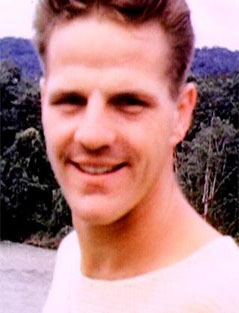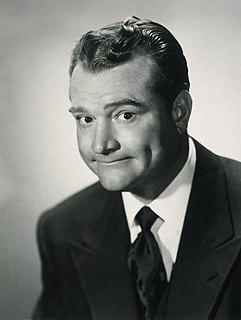A Quote by Michel de Montaigne
Old age is a lease nature only signs as a particular favor, and it may be, to one, only in the space of two or three ages; and then with a pass to boot, to carry him through, all the traverses and difficulties she has strewed in the way of his long career.
Related Quotes
Only to two or three persons in all the world are the reminiscences of a man's early youth interesting: to the parent who nursed him; to the fond wife or child mayhap afterwards who loves him; to himself always and supremely--whatever may be his actual prosperity or ill fortune, his present age, illness, difficulties, renown, or disappointments--the dawn of his life still shines brightly for him, the early griefs and delights and attachments remain with him ever faithful and dear.
We must carry the war into every corner the enemy happens to carry it, to his home, to his centers of entertainment: a total war. It is necessary to prevent him from having a moment of peace, a quiet moment outside his barracks or even inside; we must attack him wherever he may be, make him feel like a cornered beast wherever he may move. Then his moral fiber shall begin to decline, but we shall notice how the signs of decadence begin to disappear.
Oh, the fullness, pleasure, sheer excitement of knowing God on Earth! I care not if I never raise my voice again for Him, if only I may love Him, please Him. Mayhap in mercy He shall give me a host of children that I may lead them through the vast star fields to explore His delicacies whose finger ends set them to burning. But if not, if only I may see Him, touch His garments, smile into His eyes - ah then, not stars nor children shall matter, only Himself.
Beautiful is old age—beautiful as the slow-dropping mellow autumn of a rich glorious summer. In the old man, Nature has fulfilled her work; she loads him with blessings; she fills him with the fruits of a well-spent life; and, surrounded by his children and his children's children, she rocks him softly away to a grave, to which he is followed with blessings. God forbid we should not call it beautiful.
Children, only animals live entirely in the Here and Now. Only nature knows neither memory nor history. But man - let me offer you a definition - is the storytelling animal. Wherever he goes he wants to leave behind not a chaotic wake, not an empty space, but the comforting marker-buoys and trail-signs of stories. He has to go on telling stories. He has to keep on making them up. As long as there's a story, it's all right. Even in his last moments, it's said, in the split second of a fatal fall - or when he's about to drown - he sees, passing rapidly before him, the story of his whole life.
What a man does, that he has. What has he to do with hope or fear? In himself is his might. Let him regard no good as solid but that which is in his nature, and which must grow out of him as long as he exists. The goods of fortune may come and go like summer leaves; let him scatter them on every wind as the momentary signs of his infinite productiveness.
A child in his earliest years, when he is only two or a little more, is capable of tremendous achievements simply through his unconscious power of absorption, though he is himself still immobile. After the age of three he is able to acquire a great number of concepts through his own efforts in exploring his surroundings. In this period he lays hold of things through his own activity and assimilates them into his mind.
Most organizations only focus on WHAT they do and HOW they do it - tactics and strategies - and they aren't even aware that this thing called the WHY exists. Focusing on only two pieces of a three piece puzzle leaves an organization, or a career, inherently out of balance. Being out of balance, only operating on two of the three pieces, shows up in different ways - increased stress, loss of passion, obsession with what your competition is doing, being forced to play the price game, trouble differentiating. These are all signs that the WHY is missing.
As I raced out of the office, I could hear Emily rapid-fire dialing four-digit extensions and all but screaming, 'She's on her way-- tell everyone.' It took me only three seconds to wind through the hallways and pass through the fashion department, but I had already heard panicked cries of 'Emily said she's on her way in' and 'Miranda's coming!' and a particularly blood curdling cry of 'She's baaaaaaaaaaaaaaaaaaaack!
In the space of one hundred and seventy-six years the Mississippi has shortened itself two hundred and forty-two miles. Therefore, in the Old Silurian Period the Mississippi River was upward of one million three hundred thousand miles long, seven hundred and forty-two years from now the Mississippi will be only a mile and three-quarters long. There is something fascinating about science. One gets such wholesome returns of conjecture out of such a trifling investment of fact.
At thirty years a woman asks her lover to give her back the esteem she has forfeited for his sake; she lives only for him, her thoughts are full of his future, he must have a great career, she bids him make it glorious; she can obey, entreat, command, humble herself, or rise in pride; times without number she brings comfort when a young girl can only make moan.
It is permissible even for a dying hero to think before he dies how men will speak of him hereafter. His fame lasts perhaps two thousand years. And what are two thousand years?... What, indeed, if you look from a mountain top down the long wastes of the ages? The very stone one kicks with one's boot will outlast Shakespeare.









































